Hybrid harmony: Navigating employee requests in 2024

As we navigate the evolving landscape of work in 2024, hybrid working continues to shape how businesses operate. This guide aims to provide employers with a comprehensive understanding of hybrid working, its implications and effective strategies for managing employee requests in light of recent legislative changes.
From campus to career: The temp agency solution for students

As a university student in Northern Ireland, finding the perfect summer job can be a daunting task. You\’re likely looking for work that not only pays well but also provides valuable experience and fits around your busy schedule. Enter the world of temporary agencies – a often overlooked yet highly beneficial option for students seeking summer employment.
Building a stronger workforce: ED&I recruitment best practices

At Bluestones Staffing, we understand the importance of building a diverse and inclusive workforce. As experts in the Northern Irish employment market with over 30 years of experience, we\’ve seen first-hand how embracing diversity, equity and inclusion (ED&I) can drive innovation, creativity and business success.
The UK National Minimum Wage increase: April 2024

Bluestones Staffing is committed to ensuring our clients and candidates fully understand these imminent changes to minimum wage standards. Therefore, we’ve outlined exactly what the new minimum wage means in financially, which age groups are impacted, and key considerations for payroll budgeting and career planning.
Understanding pay between assignments for agency workers

As an agency worker, you are entitled to certain additional employment rights. One option your agency may offer is a permanent contract that guarantees pay between assignments when there is no work.
Meet the Team: Debbie McDermott

Following a busy but successful year for our team, we thought it was the perfect time to introduce our new Meet the Team feature.
We’re going to be introducing each of our brilliant team members, so you can learn a little about each of them and what they do in their roles. Who better to start with than our fabulous Managing Director, Debbie McDermott!
Unlocking the benefits of temporary employment

Temporary employment has been on the rise in the UK in recent years, with more and more individuals seeking flexible work arrangements. At Bluestones Staffing, we firmly believe that temporary employment holds advantages for both job seekers and employers. Not only does it offer employees freedom and flexibility, but it also allows employers to save time and resources.
Strategies for retaining top talent

In today\’s competitive job market, attracting and retaining top talent has become a crucial factor for businesses to succeed. While attracting talent is a challenge in itself, retaining the best employees is equally important. Companies that prioritise retaining their top talent reap numerous benefits, including increased productivity, reduced turnover costs, and a competitive edge.
Tips for conducting effective job interviews

Conducting a good interview is essential for hiring the right candidate. A good interview can help you evaluate a candidate’s skills, experience, and qualifications. Additionally, you can get an insight into their work ethic, problem-solving and communication skills and identify whether they’d be a good fit for your company\’s culture.
The benefits of upskilling employees

The modern workplace is constantly evolving, making it essential for employers to stay on top of trends and new technologies. Investing in the upskilling of employees is one surefire way to keep ahead of the curve.
